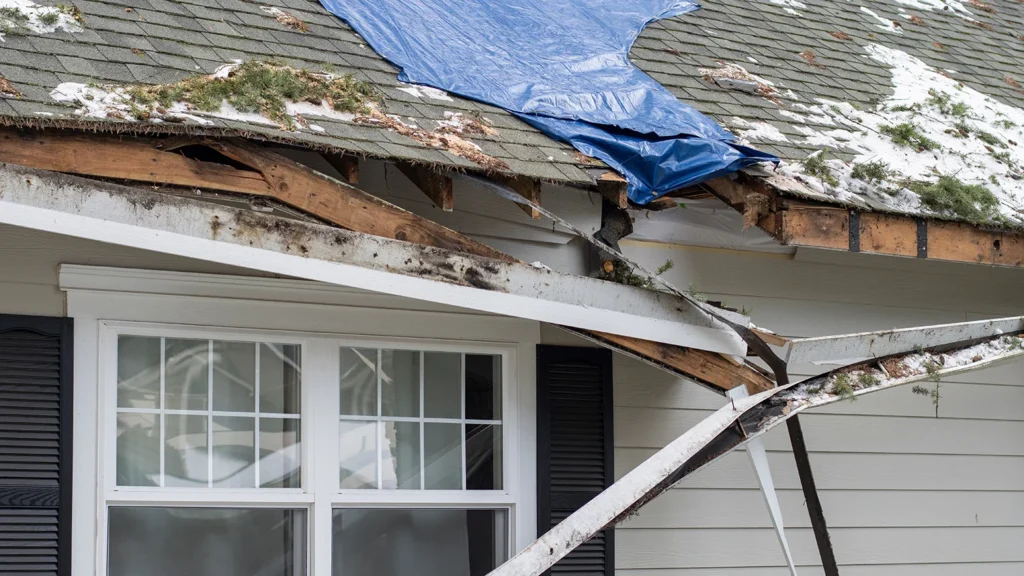As a property owner, entrusting your valuable asset to a property management company can be a game-changer, offering peace of mind and maximizing your rental income. However, a common question that often arises is: “Do property managers pay for repairs?” This is a crucial point of clarity for both current and prospective clients of Rhino Property Management, and understanding the financial dynamics of maintenance and repair is key to a successful partnership.
In short, the answer is almost universally no. Property managers do not directly pay for repairs out of their own pockets. Their role is to facilitate, oversee, and manage the repair process on behalf of the property owner, ensuring that maintenance issues are addressed promptly and cost-effectively. The financial responsibility for repair costs ultimately rests with the property owner. Let’s delve deeper into the nuances of this arrangement, exploring how property managers handle repairs, the specifics of financial responsibility, and what you can expect from a comprehensive property management agreement.
- Understanding the Role of a Property Management Company in Repairs
- Do Property Managers Pay for Repairs? Unpacking Financial Responsibility
- Routine Maintenance vs. Major Repair: Who Does What?
- The Importance of a Clear Property Management Agreement
- Who is Responsible for Damages: Property Owners and Tenants
- Emergency Repairs: A Special Case
- Conclusion: The Value Proposition of Property Management
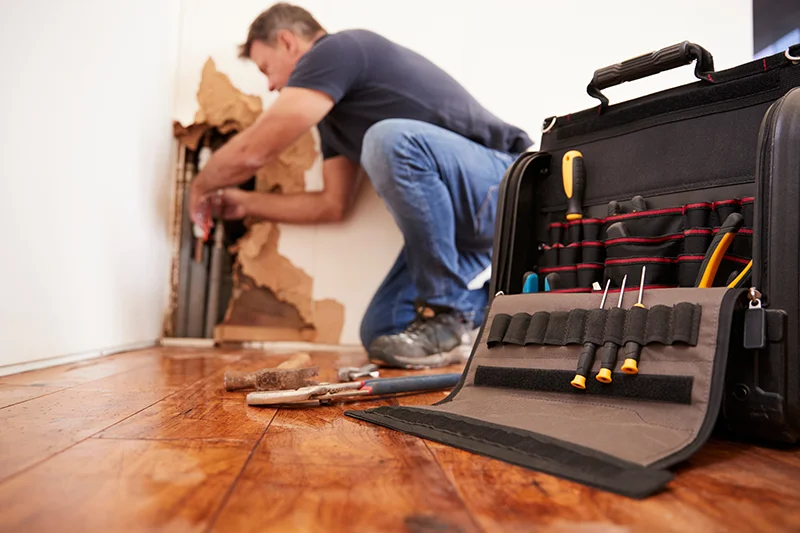
Understanding the Role of a Property Management Company in Repairs
A property management company acts as an intermediary between property owners and tenants, handling the day-to-day operations of a rental property. This encompasses everything from tenant screening and rent collection to, crucially, the coordination of maintenance and repair issues. When an issue arises, whether it’s a leaky faucet or a more significant structural problem, the property manager’s role is to ensure it gets fixed efficiently.
The Property Manager’s Core Responsibilities Regarding Repairs
While property managers do not pay for repairs, their responsibilities in this area are extensive and vital to the smooth operation of your rental property:
- Receiving and Assessing Repair Requests: Property managers are the primary point of contact for tenants reporting issues. They will assess the urgency and nature of the repair.
- Troubleshooting Minor Issues: Sometimes, a simple troubleshooting step can resolve an issue without the need for a contractor. Property managers are adept at identifying these situations.
- Coordinating with Qualified Vendors: Rhino Property Management, like other reputable property management companies, has a network of trusted and vetted contractors and handymen. They will engage the appropriate professionals for the job.
- Obtaining Quotes and Estimates: For larger or more complex repairs, the property manager will obtain multiple quotes to ensure competitive pricing and a clear understanding of the repair costs.
- Overseeing the Repair Process: They will ensure the work is completed to a satisfactory standard and in a timely manner, minimizing inconvenience to the tenant and potential damage to the property.
- Communicating with Property Owners: Throughout the process, the property manager keeps the property owner informed about the issue, the proposed solution, and the associated costs.
- Ensuring Compliance: Property managers ensure that all repairs comply with local building codes and regulations, as well as the terms of the lease agreement.
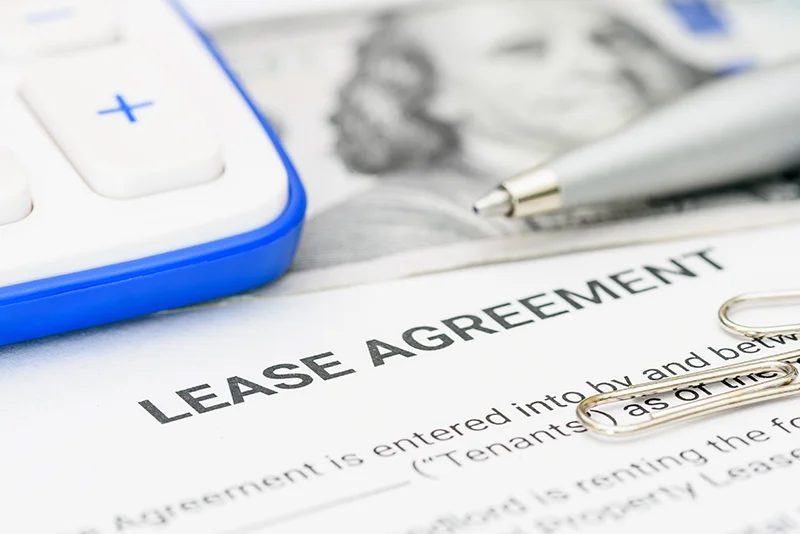
Do Property Managers Pay for Repairs? Unpacking Financial Responsibility
As established, property managers do not pay for repairs. The financial burden of all maintenance and repair tasks falls squarely on the property owner’s shoulders. This is a fundamental aspect of the property management agreement.
How Does the Property Owner Cover the Costs of Repairs?
There are typically a few ways property owners cover the costs of maintenance and repair when working with a property management company:
- Direct Invoicing: For larger, pre-approved repairs, the contractor may directly invoice the property owner, or the property manager may pay the contractor from a dedicated owner fund and then bill the owner.
- Deduction from Rental Income: A common practice is for the property management company to deduct the repair costs directly from the rent collected on behalf of the property owner. This is often the most convenient method for day-to-day and routine maintenance.
- Set Up a Reserve Fund: Many property management agreements include a provision for the property owner to set up a reserve fund with the property management company. This fund acts as a buffer to cover unexpected repair costs without requiring immediate approval for every minor expense. The property manager can draw from this fund for pre-approved expenditure limits, providing a quick resolution to issues. When the fund depletes below a certain threshold, the property owner is typically notified to replenish it.
It’s crucial that the property management agreements clearly outline the financial arrangements for repairs, including any spending limits for the property manager without prior owner approval, and how property managers pay for their services is handled.

Routine Maintenance vs. Major Repair: Who Does What?
The nature of the repair often influences how it’s handled, though the financial responsibility for repair costs remains with the property owner.
Routine Maintenance
Routine maintenance encompasses the regular upkeep required to keep a property in good condition and prevent larger issues from developing. This could include:
- Minor plumbing leaks
- Appliance repairs (unless tenant misuse is evident)
- HVAC system servicing
- Minor electrical fixes
- Landscaping (if included in the property management agreement)
Property managers are typically authorized to handle these smaller, day-to-day repairs efficiently, often drawing from the property owner’s reserve fund or deducting from the rent collected within pre-defined spending limits. This proactive approach to routine maintenance can prevent minor issues from escalating into expensive major repairs.
Major Repairs
Major repairs are significant structural, mechanical, or systemic issues that require substantial work and expense. Examples include:
- Roof replacement
- Foundation repair
- Extensive plumbing overhauls
- HVAC system replacement
- Major electrical system upgrades
For major repairs, property managers will always seek explicit approval from the property owner before proceeding. They will provide detailed estimates, explain the need for repair, and offer recommendations. While the property manager facilitates the process, the decision to move forward and the financial responsibility for these significant repair costs lie entirely with the property owner.
The Importance of a Clear Property Management Agreement
The relationship between a property owner and a property management company is governed by a comprehensive property management agreement. This legally binding document outlines the scope of services, fees, responsibilities, and, critically, how maintenance and repair issues will be handled, including who will cover the costs.
Key elements of the property management agreement regarding repairs often include:
- Authorization for Repairs: Specifies the monetary limit for repairs that the property manager can authorize without prior owner approval. This is crucial for the efficient handling of routine maintenance and emergency repairs.
- Reporting and Communication Protocols: Defines how and when the property manager will communicate with the property owner about repair needs, costs, and progress.
- Vendor Selection: Outlines the process for selecting contractors and whether the property owner has input into this process.
- Emergency Repair Procedures: Details how emergency repairs, which require immediate attention to prevent further damage or ensure tenant safety, will be handled. While property managers do not pay for repairs, they are empowered to act quickly in emergencies to mitigate damage, with the understanding that the property owner will cover the costs.
- Financial Reconciliation: Explains how repair costs will be billed and deducted from the property owner’s account or rental income.
A well-drafted agreement ensures both parties understand their roles and responsibilities, minimizing misunderstandings, especially regarding the perennial question: “Do property managers pay for repairs?”
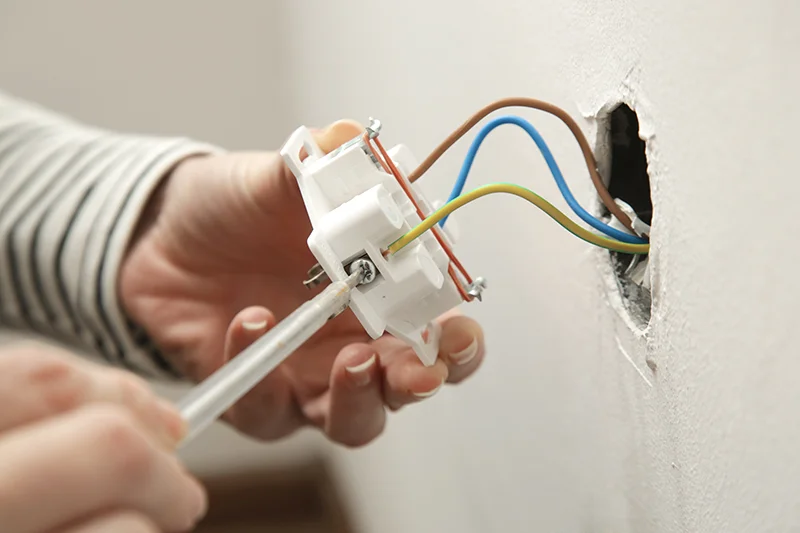
Who is Responsible for Damages: Property Owners and Tenants
While we’ve established that property managers do not pay for repairs, and property owners bear the financial responsibility for general wear and tear and unforeseen issues, it’s important to differentiate between owner responsibility and tenant responsibility for damages.
Property Owner’s Responsibility
The property owner is generally responsible for:
- Normal Wear and Tear: This includes the gradual deterioration of the property that occurs through normal use, such as fading paint, worn-out carpets, or aging appliances.
- Structural and Systemic Issues: Problems with the roof, foundation, plumbing system, electrical system, or HVAC system are typically the property owner’s responsibility, unless caused by tenant negligence.
- Pre-existing Issues: Any issues present in the property before the tenant moved in are the owner’s responsibility.
Tenant’s Responsibility
Tenants are generally responsible for:
- Damage Caused by Negligence or Misuse: If a tenant or their guest causes damage beyond normal wear and tear, they are financially responsible for the repair. Examples include holes in walls, broken windows, or damage from improper use of appliances.
- Failure to Report Issues: In some cases, if a tenant fails to report an issue promptly, leading to further damage, they may be held partially responsible for the escalated repair costs.
- Violation of Lease Agreement: If damage is a direct result of a lease violation (e.g., unauthorized pets causing damage), the tenant will be responsible.
Rhino Property Management plays a crucial role in assessing the cause of damage, documenting it, and communicating with both property owners and tenants to determine responsibility and ensure the appropriate party covers the costs. This clear delineation helps answer the question of “Do property managerims pay for repairs?” when damage is involved. They facilitate the process of getting reimbursed for tenant-caused damage, but they do not pay for repairs out of pocket.
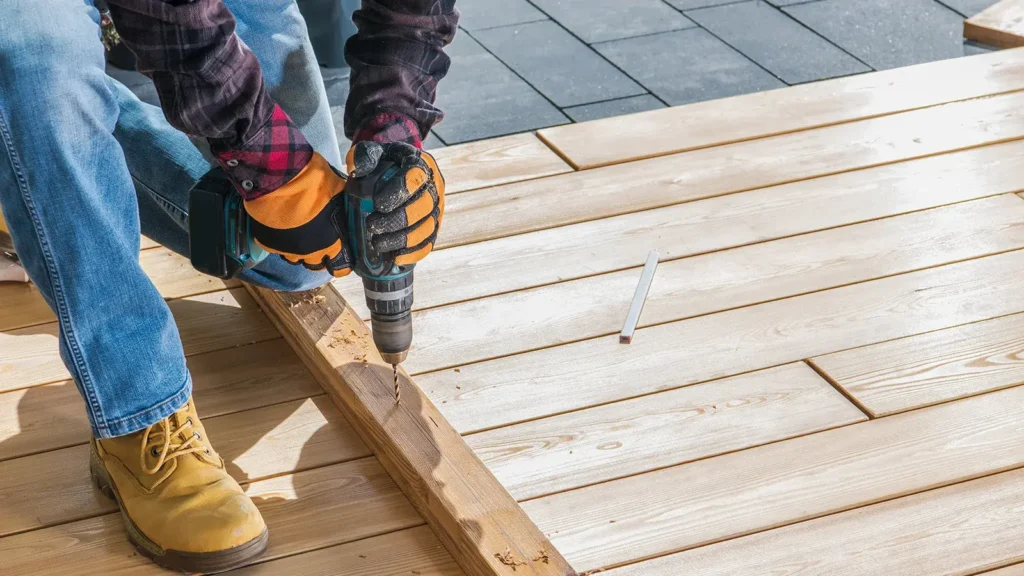
Emergency Repairs: A Special Case
Emergency repairs are those that pose an immediate threat to the tenant’s health or safety, or could cause significant damage to the property if not addressed immediately. Examples include burst pipes, severe electrical hazards, or a non-functioning furnace in winter.
In these situations, time is of the essence. Property managers are typically granted specific authority within the property management agreements to act swiftly, even if it means exceeding the usual pre-approval limits, to address emergency repairs. While property managers do not pay for repairs in these scenarios, they will utilize the property owner’s reserve fund or immediately bill the owner for the necessary costs. Their quick action is vital to protect the property owner’s investment and ensure tenant safety, ultimately saving the property owner from potentially far greater repair costs down the line.
Conclusion: The Value Proposition of Property Management
So, to reiterate, “Do property managers pay for repairs?” No, they do not. Their value lies in their expertise, efficiency, and network that streamlines the entire maintenance and repair process, saving property owners time, stress, and often, money.
By partnering with a reputable property management company like Rhino Property Management, property owners gain:
- Expert Oversight: Professional handling of all maintenance and repair issues, from routine maintenance to major repairs.
- Cost Savings: Access to vetted vendors at competitive rates, and the ability to prevent minor issues from becoming costly major repairs.
- Reduced Vacancy Time: Prompt attention to repairs keeps tenants happy and reduces turnover, maintaining consistent rental income.
- Peace of Mind: Knowing that your investment is being professionally managed, even when you’re not on site.
- Compliance Assurance: Ensuring all repairs adhere to legal and safety standards.
While the financial responsibility for repair costs ultimately resides with the property owner, the property managers play an indispensable role in navigating the complexities of property maintenance and repair. Their expertise ensures that when issues arise, they are handled effectively and efficiently, protecting your investment and maximizing your rental income for years to come.

